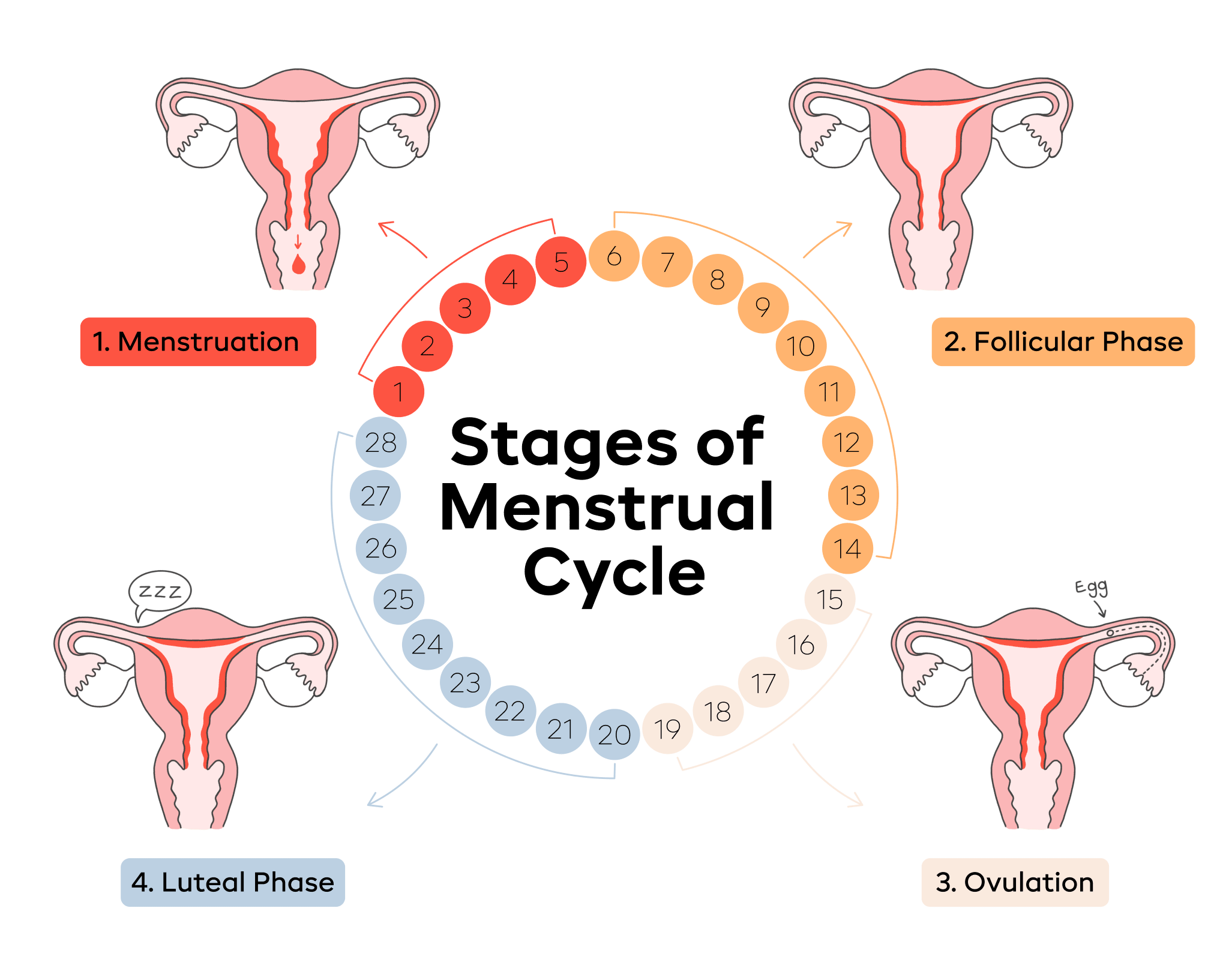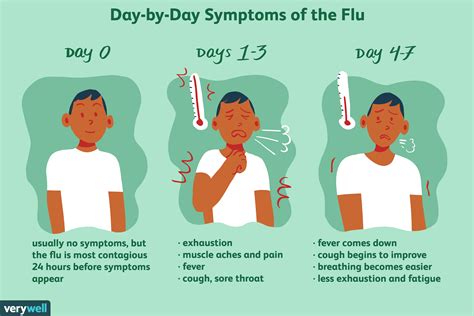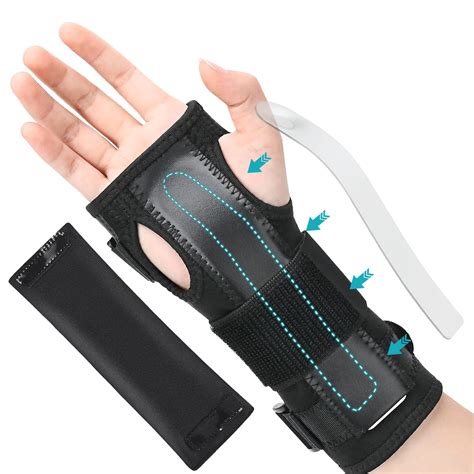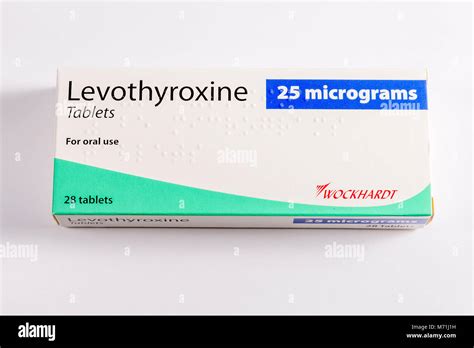Period Pain Medicine

Menstruation is a natural part of life for individuals with a uterus, yet it can be accompanied by a myriad of uncomfortable symptoms, with period pain being one of the most common complaints. The cramps, aches, and discomfort associated with menstruation can range from mild to debilitating, affecting daily activities, mood, and overall well-being. Understanding the causes of period pain and exploring the various treatment options available is crucial for managing these symptoms effectively.
Causes of Period Pain
Period pain, also known as dysmenorrhea, is primarily caused by the contraction of the uterus. These contractions are triggered by hormone-like substances called prostaglandins, which are produced by the uterus and cause the muscle to contract, leading to pain. The level of prostaglandins varies from person to person, which may explain why some individuals experience more severe period pain than others. Other factors that can influence the severity of period pain include genetics, overall health, and lifestyle factors.
Over-the-Counter (OTC) Medicines
For many, the first line of defense against period pain is over-the-counter (OTC) medications. These can be broadly categorized into two main types: nonsteroidal anti-inflammatory drugs (NSAIDs) and acetaminophen.
- NSAIDs (such as ibuprofen and naproxen) work by reducing the production of prostaglandins, thereby decreasing uterine contractions and the associated pain. They are most effective when taken before the pain starts or at the onset of menstruation. NSAIDs also have anti-inflammatory properties, which can help reduce other menstrual symptoms such as bloating and breast tenderness.
- Acetaminophen (such as Tylenol) is another common OTC medication used for period pain. It works by interfering with the production of pain-causing chemicals in the brain, providing relief from pain and reducing fever. However, unlike NSAIDs, acetaminophen does not have anti-inflammatory properties.
Prescription Medicines
In cases where OTC medications do not provide sufficient relief, or for those with more severe symptoms, prescription medicines may be necessary. These can include:
- Hormonal contraceptives: The birth control pill, patch, or ring can help reduce period pain by thinning the uterine lining, which reduces prostaglandin production. Continuous or extended-cycle regimens can also decrease the frequency of menstruation, further reducing the duration of period pain.
- Prescription NSAIDs: For individuals who do not find relief with OTC NSAIDs, a stronger prescription version may be prescribed.
- Muscle relaxants: In some cases, muscle relaxants may be prescribed to help relax the uterine muscles and reduce cramping.
Alternative and Complementary Therapies
Beyond pharmaceuticals, several alternative and complementary therapies have been found to provide relief from period pain. These include:
- Heat therapy: Applying a heating pad or hot water bottle to the lower abdomen can help relax the uterine muscles and increase blood flow, which can reduce pain.
- Dietary changes: Incorporating foods rich in omega-3 fatty acids, vitamin B6, and magnesium can help reduce inflammation and promote hormonal balance.
- Exercise: Regular physical activity can help reduce period pain by releasing endorphins, the body’s natural painkillers.
- Acupuncture: This traditional Chinese medicine technique involves inserting thin needles into specific points on the body to stimulate healing and pain relief.
- Herbal supplements: Certain herbs like ginger, turmeric, and dong quai have been traditionally used to alleviate menstrual symptoms, including pain.
It's essential to consult with a healthcare provider before starting any new medications or therapies, especially if you have underlying health conditions or are taking other medications. They can help you determine the best course of treatment based on your specific needs and health status.
Lifestyle Modifications
In addition to medical treatments, making certain lifestyle modifications can help manage period pain. These include:
- Maintaining a healthy weight: Excess weight can exacerbate period pain, so achieving and maintaining a healthy weight through diet and exercise can be beneficial.
- Stress management: High levels of stress can worsen menstrual symptoms. Engaging in stress-reducing activities such as meditation, yoga, or deep breathing exercises can help mitigate this effect.
- Sleep hygiene: Getting adequate sleep is crucial for overall health and can help reduce the severity of period pain. Establishing a consistent sleep schedule and creating a relaxing bedtime routine can improve sleep quality.
Conclusion
Period pain is a significant issue for many individuals, impacting daily life and overall well-being. While there is no one-size-fits-all solution, understanding the causes of period pain and exploring the various treatment options available can help individuals find relief. Whether through OTC or prescription medications, alternative therapies, or lifestyle modifications, there are numerous approaches to managing period pain. It’s crucial to work closely with a healthcare provider to determine the best treatment plan based on individual needs and health status.
What are the most effective over-the-counter medications for period pain?
+NSAIDs like ibuprofen and naproxen are often considered the most effective for period pain due to their ability to reduce prostaglandin production and decrease uterine contractions.
Can dietary changes help alleviate period pain?
+Yes, incorporating foods rich in omega-3 fatty acids, vitamin B6, and magnesium can help reduce inflammation and promote hormonal balance, potentially alleviating period pain.
How can stress management help with period pain?
+High levels of stress can exacerbate menstrual symptoms. Engaging in stress-reducing activities like meditation, yoga, or deep breathing exercises can help mitigate this effect and reduce period pain.
What role does exercise play in managing period pain?
+Regular physical activity can help reduce period pain by releasing endorphins, the body’s natural painkillers. Exercise also promotes overall health and well-being.
Are there any alternative therapies that can help with period pain?
+Yes, alternative therapies such as acupuncture, heat therapy, and certain herbal supplements have been found to provide relief from period pain for some individuals.



